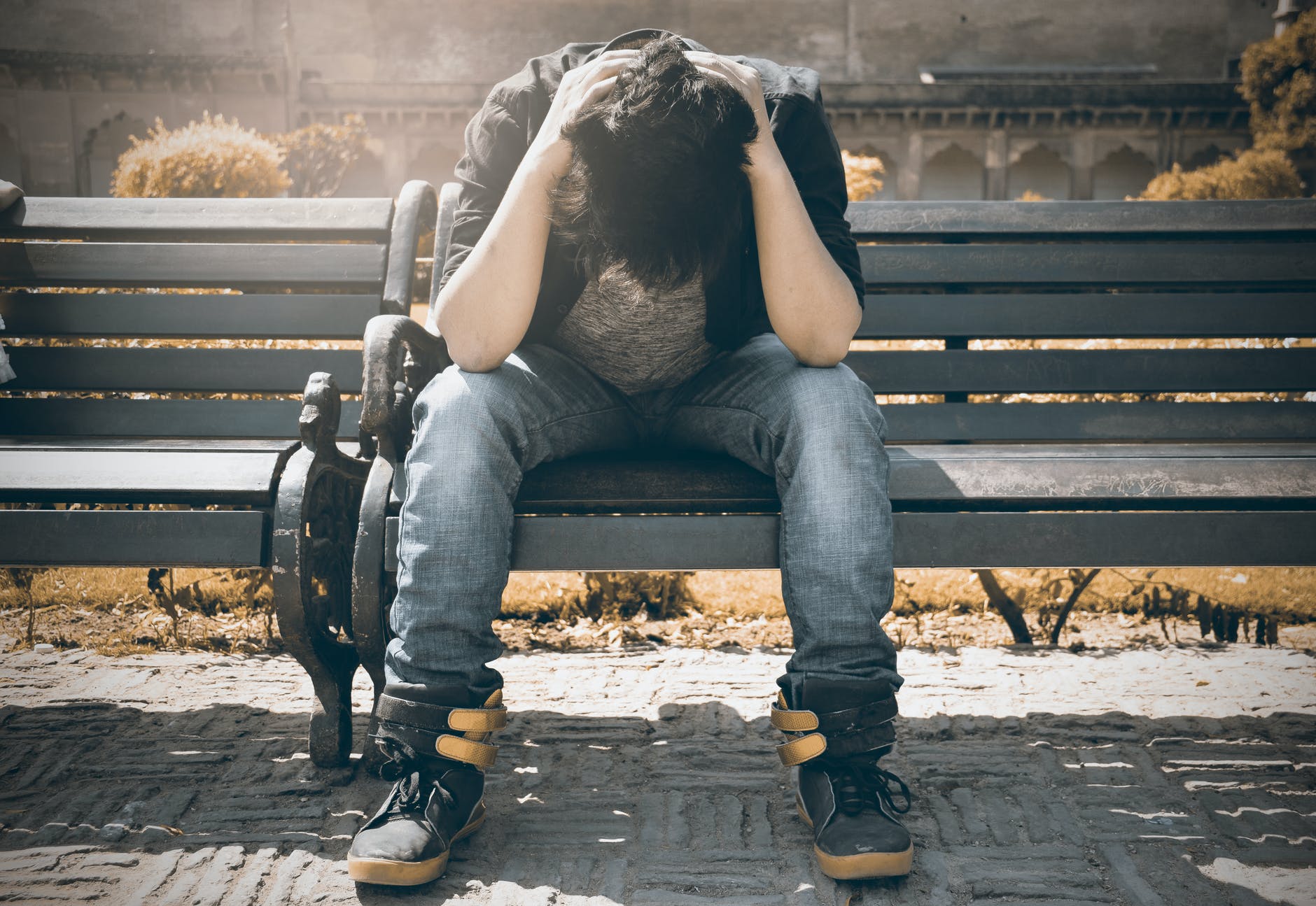
Addiction
Rehabilitation centers, commonly known as rehab centers, play a crucial role in helping individuals overcome addiction and regain control of their lives. Addiction, whether to substances or behaviors, can have devastating effects on physical health, mental well-being, relationships, and overall quality of life. In this article, we will explore why rehab centers are necessary for addiction recovery, delving into their significance, methodologies, and frequently asked questions surrounding addiction treatment.
Rehabilitation centers play a crucial role in addiction recovery, especially when it comes to the alcohol detoxification process. These facilities provide a structured and supportive environment that is essential for individuals struggling with alcohol addiction. Through comprehensive treatment programs, including medical supervision and counseling, rehab centers offer a holistic approach to addressing the physical, psychological, and emotional aspects of addiction.
- Professional Supervision: Rehab centers offer a structured environment with professional medical and therapeutic supervision, ensuring individuals receive the necessary care during the challenging early stages of recovery.
- Safe Detoxification: Many individuals struggling with substance abuse require detoxification to safely eliminate the addictive substance from their bodies. Rehab centers provide medically supervised detox, minimizing withdrawal symptoms and associated risks.
- Therapeutic Support: Rehab centers employ trained therapists and counselors who use evidence-based therapeutic techniques to address the underlying causes of addiction, providing emotional support and teaching coping mechanisms.
- Structured Routine: Establishing a structured daily routine is vital for recovery. Rehab centers offer a controlled environment where individuals can focus on their healing process without external triggers or temptations.
- Peer Support: Group therapy and interaction with peers going through similar experiences provide a sense of community and understanding. This support system fosters a shared commitment to recovery and helps individuals feel less isolated.
- Customized Treatment Plans: Rehab centers create individualized treatment plans based on the specific needs, history, and circumstances of each person. Tailored approaches enhance the effectiveness of addiction recovery programs.
- Education and Awareness: Rehab centers educate individuals about addiction, its impact on physical and mental health, and the tools needed for sustainable recovery. Knowledge empowers individuals to make informed decisions and prevent relapse.
- Relapse Prevention Strategies: Rehab centers equip individuals with strategies to identify triggers, manage stress, and prevent relapse. These coping mechanisms are crucial for maintaining sobriety beyond the confines of the rehab environment.
- Dual Diagnosis Treatment: Many individuals with addiction also struggle with underlying mental health issues. Rehab centers often offer dual diagnosis treatment, addressing both addiction and co-occurring mental health disorders.
- Aftercare Planning: A comprehensive rehab program includes aftercare planning to support individuals as they transition back into their daily lives. This may involve outpatient therapy, support groups, or continued counseling.
The Rehabilitation Process in Rehab Centers
- Assessment and Admission: Individuals undergo a thorough assessment to determine the severity of their addiction, medical condition, and any co-occurring disorders. Based on this evaluation, a personalized treatment plan is developed.
- Detoxification: For those addicted to substances, the detoxification process is initiated under medical supervision to manage withdrawal symptoms and ensure a safe and comfortable transition to sobriety.
- Therapy and Counseling: Various therapeutic approaches, including individual counseling, group therapy, and family therapy, are employed to address the psychological aspects of addiction, explore underlying issues, and build coping skills.
- Education and Skill Building: Rehab centers provide educational sessions to enhance awareness of addiction, its consequences, and the skills required for successful recovery. This may include stress management, communication skills, and relapse prevention strategies.
- Holistic Approaches: Some rehab centers incorporate holistic therapies such as yoga, meditation, art therapy, and fitness programs to address the overall well-being of individuals in recovery.
- Peer Support and Group Dynamics: Group therapy sessions allow individuals to share their experiences, gain insights from others, and receive encouragement from a supportive community of peers.
- Family Involvement: In many cases, family involvement is crucial for the healing process. Family therapy sessions help address family dynamics, educate loved ones about addiction, and build a supportive home environment.
- Aftercare Planning: As individuals near the end of their residential treatment, rehab centers work on developing a comprehensive aftercare plan. This may involve continued therapy, participation in support groups, and ongoing medical monitoring.
Frequently Asked Questions (FAQs) about Rehab Centers and Addiction Treatment
Are rehab centers only for substance abuse, or do they also address behavioral addictions?
Rehab centers often address both substance abuse and behavioral addictions, recognizing that addiction can manifest in various forms.
How long does addiction treatment typically last in a rehab center?
The duration of treatment varies based on individual needs. Programs can range from a few weeks to several months, with some offering extended aftercare options.






